Join the author, Néstor T. Carbonell, as he shares a critical analysis of the Castro-Communist regime and explores the challenges and opportunities that will likely arise when freedom finally dawns in Cuba.
CHAPTER 12: Clinton, Castro, and the Pope (1993-2001)
Roque joined the Brothers as a pilot and alerted the Castro regime to the fateful flight on February 24,1996, of the three unarmed planes of Brothers to the Rescue, two of which were shot down by Cuban fighter aircraft over the Florida Straits. The day before the downing, Roque slipped out of Miami and returned to Cuba, where he later denounced Brothers to the Rescue as a terrorist organization.
The Brothers were unaware of the deadly plot hatched by the Castro regime when three of their Cessna planes took off from Opa-locka airport on February 24 at 1:11 p.m. on a humanitarian mission to search for rafters. It was a beautiful, cloudless afternoon with ceiling and visibility unlimited, or CAVU in military jargon.
While the Brothers’ aircraft were flying north of Cuba’s twelve-mile airspace, the Cuban air force ordered the scrambling of two fighter planes, a MiG-29 and a MiG-23, carrying short-range missiles, bombs, and rockets. Following instructions imparted by both Fidel and Raul Castro, the Cuban military aircraft shot down, without warning, over international waters, two of the Brothers’ Cessnas, piloted by three young US-born citizens and one Cuban-born US resident.
The third Cessna, piloted by their leader, Jose Basulto, and by Arnaldo Iglesias, and carrying the president of Mothers Against Repression (MAR por Cuba), Sylvia Iriondo, and her husband Andres, managed to evade the hot pursuit of the Cuban MiGs and return to the Opa-locka airport.
After the downing of each plane, the Cuban pilots could be heard vaunting their heinous feat, and the ground control in Havana could be heard congratulating them. The MiG pilots’ radio transmissions, taped by the United States, included the following brag (English version) when the first plane was shot down: «We hit them! We hit them—cojones! This one won’t fuck around anymore.» Then, when the second plane was downed, the crow was: «Destroyed! We destroyed the other one! Fatherland or death, cojones!»
A day after these exclamations of glee and profanity were aired at a special meeting of the United Nations Security Council, US ambassador to the UN Madeleine Albright famously declared, «Frankly, this is not cojones. This is cowardice.»
In its report on the downing, the Inter-American Commission on Human Rights concluded: «The fact that weapons of war and combat-trained pilots were used against unarmed civilians shows not only how disproportionate the use of force was, but also the intent to end the lives of those individuals. … The extracts from the radio communications between the MiG-29 pilots and the military control tower indicate that they acted from a superior position and showed malice and scorn toward the human dignity of the victims.»
From the time the Cuban MiGs were spotted by the United States, F-15’s at Homestead Air Force Base in Florida had been waiting for instructions with their engines running. They could have been off the ground in two minutes and in the area within ten. Why then was no attempt made to prevent the aggression by deploying intercept jets? The North American Aerospace Defense Command stated in its October 13, 1996, report that the failure to intercept or scramble was the result of «miscommunication» but claimed that, given the speed of events, it was unlikely that the F-15’s could have deterred the shoot-down.
Brothers to the Rescue, however, did not buy the «miscommunication» explanation. Having conducted their own investigation, they found out that the F-15’s were grounded because the pilots received a clear order: «Stand down battle stations.»
Fidel Castro admitted to Time magazine and to Dan Rather on a special edition of CBS Evening News that he gave the order for the shoot-down. «You can only take so much provocation,» he averred. But he did not concede that the alleged «pirate aircraft» of the «terrorist organization Brothers to the Rescue, which may have been carrying arms,» were shot down in international waters as the evidence showed.
Judicial Watch and human rights organizations called for indictment. The editorial board of the Miami Herald urged Clinton to charge the Castro military clique with murder. The president, however, decided not to press legal charges. The responsibility fell to the Bush administration, which indicted the Cuban air force general who relayed the immediate order to shoot down the planes, as well as the pilots (the Perez-Perez brothers) who executed the order. Fidel Castro, however, was excluded from the indictment on the grounds of immunity as head of state, and so was his brother Raul, who could not claim such protection. Regardless of immunity, the Castro brothers continued to enjoy impunity.
The Libertad Act
The downing of the planes did have legislative consequences that Castro did not foresee and Clinton could not forestall. The president was not keen about maintaining the US embargo on Cuba, much less strengthening it. But given the uproar caused by the shoot-down of the Brothers to the Rescue planes without any US attempt to avert it, Clinton could not overcome the pressure to strengthen sanctions against Cuba.
The calculating Castro, for once, miscalculated. To perpetrate his aggression against the Brothers to the Rescue, he relied on Clinton’s an-tiembargo stance to evade retaliation. He certainly did not expect that Congress would not only reinforce but also codify the embargo, meaning that no president could abrogate or nullify its essential provisions without congressional approval. The congressman who pushed hardest to achieve that goal was none other than Castro’s former nephew, Lincoln Diaz-Balart.
On March 12, 1996, Clinton reluctantly signed into law the Cuban Liberty and Democratic Solidarity (LIBERTAD) Act (also known as the Helms-Burton Act), which several Democratic filibusterers in the Senate had managed to table in 1995. The Act strengthened the trade and financial sanctions against the Castro regime and subsequently was broadened to include a ban on US tourist travel to the island.
Under the Act, foreigners who trafficked in confiscated properties in Cuba were exposed to lawsuits in the United States and denial of US visas. The application of this «extraterritorial» provision, which had been suspended by all presidents prior to Trump, was reinstated by Trump in April 2019. The Act also barred any US economic assistance to Cuba while the island remained subjugated by the Castro brothers.
Faced with the restrictions imposed by the Act, which tied the hands of the president and made a US-Cuba detente very difficult, Castro realized he had to stage a dramatic tactical shift to improve his image and relieve both internal and external tensions. With this in mind, he decided to make peace with the Catholic Church and to welcome the visit of its preeminent spiritual leader, who he believed would join him in denouncing the US embargo: Pope John Paul II.
The Historic Pilgrimage
Hoping that the pope would accept the invitation, Castro moderated his antichurch stance and reestablished Christmas as a public holiday. Was this a sincere U-turn or a tactical move? Was the Jesuit-educated «lost son» signaling a desire to rejoin the flock, or was he playing one of his deceitful games to burnish his image without changing his stripes? The Vatican seemed to harbor some doubts about Castro’s intentions but was not about to turn down the opportunity to thaw relations with the Communist regime. If Paris was well worth a Mass for the Huguenot King Henry IV, how could the bishop of Rome spurn a pilgrimage to Havana?
The pope decided to go, and the Clinton administration, eager to encourage constructive engagement with Castro, relaxed the ban on travel to Cuba and allowed the church to charter flights and a cruise ship to carry all those interested in joining John Paul’s journey.
Among Cuban Americans, the announcement of the papal visit spawned heated debate. Most favored the visit but feared that Castro would attempt to manipulate it to buttress his regime. I shared that concern and wrote an article in Spanish titled «Reconciliacion o Resistencia—el Dilema de la Iglesia en Cuba» (Reconciliation or Resistance—the Dilemma of the Church in Cuba). The article was published in the Miami newspaper Diario Las Americas—owned and directed by Horacio Aguirre, a stalwart supporter of the Free Cuba cause—several weeks prior to the pope’s trip.
What prompted me to write the article was a reliable report that the church hierarchy in Cuba (with a few notable exceptions) wanted the pope to be very accommodating toward the regime during his visit and to call for reconciliation while skirting or downplaying sensitive «political» issues, such as human rights and freedom. Seeking more space to carry out their evangelical mission, the Cuban cardinal and some of the bishops advised the Vatican not to rock the boat, in other words, refrain from encouraging dissent lest Castro stymie further reforms and retaliate against the church.
To me, that overly cautious, if not submissive, approach would serve only to legitimize the Communist regime, discourage freedom-loving Cubans yearning for recognition and support, and tarnish the waning prestige of the church on the island.
I realized that Cuba was not Poland, that the frail pope in 1998 was not the vigorous crusader who galvanized his homeland a decade earlier, and that the dissident movement on the island was not as widespread, cohesive, or vibrant as the one led by Solidarity. Yet I implored the pope to light a candle to liberty in Cuba by infusing the despondent population with a heavy dose of courage and hope. Nolite timere (Be not afraid)—the watchword of John Paul’s papacy—should be the rallying cry of his visit to Cuba, I wrote.
To my great surprise, the article reached the desk of John Cardinal O’Connor, archbishop of New York, who invited me to
discuss with him the pope’s forthcoming trip to Cuba. I had not met the cardinal and was, of course, delighted and honored to see him. The meeting, coordinated by Mario J. Paredes, executive director of the church’s Hispanic Center of New York, was held at the center’s office on December 18, 1997. At my request, two distinguished members of the Cuban American community joined me: Otto Reich, former US ambassador to Venezuela, and Frank Calzon, executive director of the Center for a Free Cuba.
The tall, imposing cardinal, dressed all in black with a resplendent gold cross hanging over his chest, arrived alone at the meeting. He walked down the hall with a long martial stride, a hallmark of his twenty-seven years at the US Navy, where he rose to rear admiral and chief of chaplains. But what struck me the most was his warm, congenial smile, which tempered his austere bearing.
At the outset, the cardinal told us that, at the Vatican’s behest, he was involved in the planning of the Holy Father’s trip to Cuba and would appreciate our views and suggestions to ensure the success of his pilgrimage.
I reiterated our main concern: Castro’s likely attempt to portray the visit as the Vatican’s endorsement or validation of his Communist regime. To forestall Fidel’s machination, my colleagues and I stressed, the pope should stand up for human rights on the island and provide faith and encouragement to the oppressed Cubans in their pursuit of justice, dignity, and freedom. We also urged the Vatican to insist that the pope’s Masses and homilies be broadcast live to the Cuban people. Otherwise, we added, the trip should be canceled.
The cardinal understood our concern since he himself could attest to Castro’s stratagem. We then pointed out that Fidel in all likelihood would avail himself of the pope’s visit to raise the red herring of the US embargo, knowing full well that the church, and the pope himself, had repeatedly condemned it. «What to do?» the cardinal asked us as he took out from his pocket a white piece of paper to jot down some notes.
Measuring my words, I said, «With all due respect, Your Eminence, I believe it has been ill-advised for the church to condemn Washington’s external embargo on Cuba without also denouncing Castro’s internal embargo on the Cuban people. The only way out of this predicament, in my opinion, is for the pope to call for the end of the two embargos, thereby ensuring that the much-needed opening of Cuba run in both directions—inward and outward.»
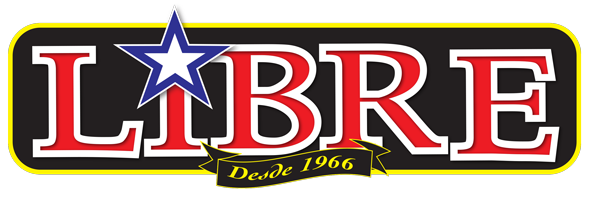
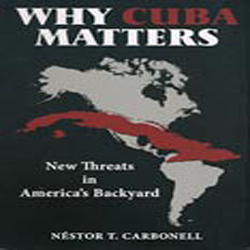

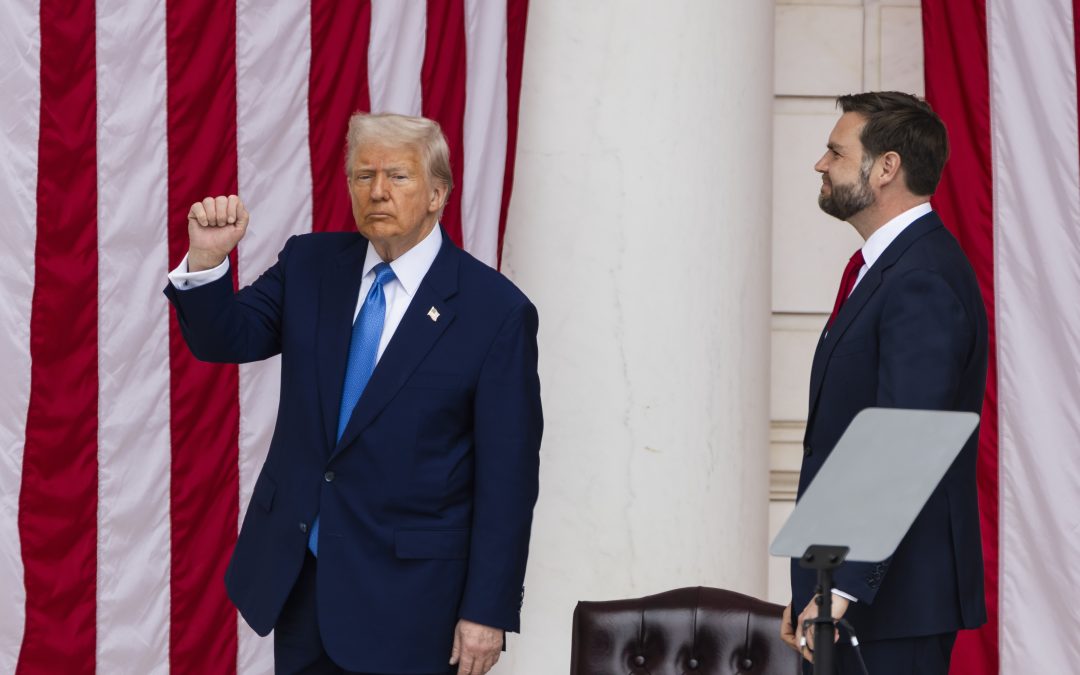
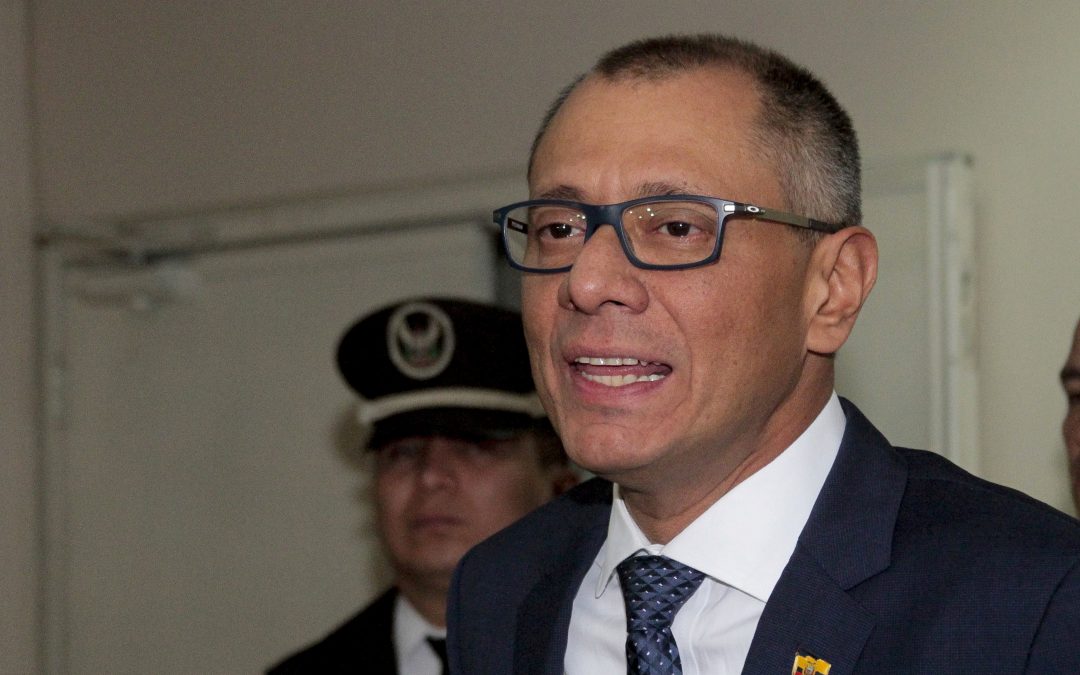
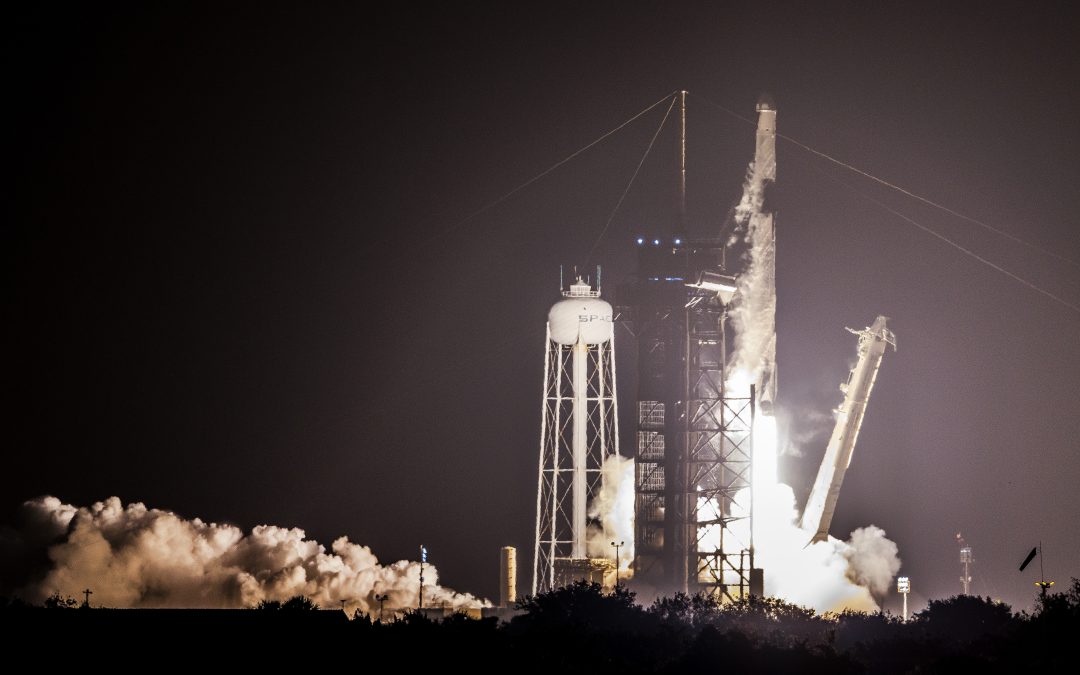
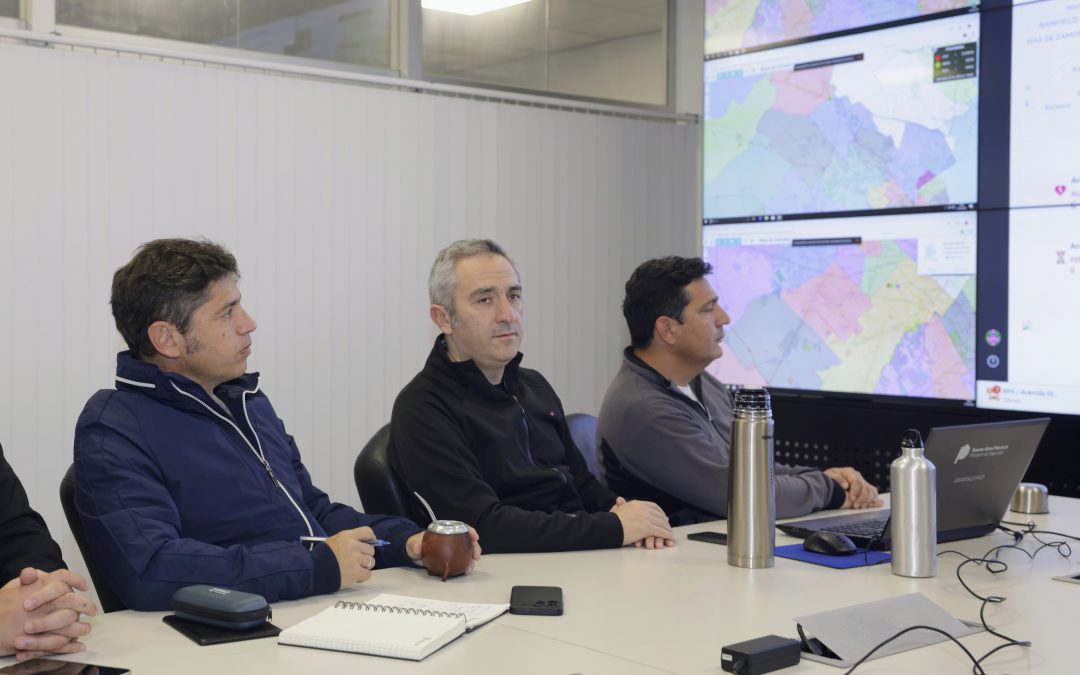
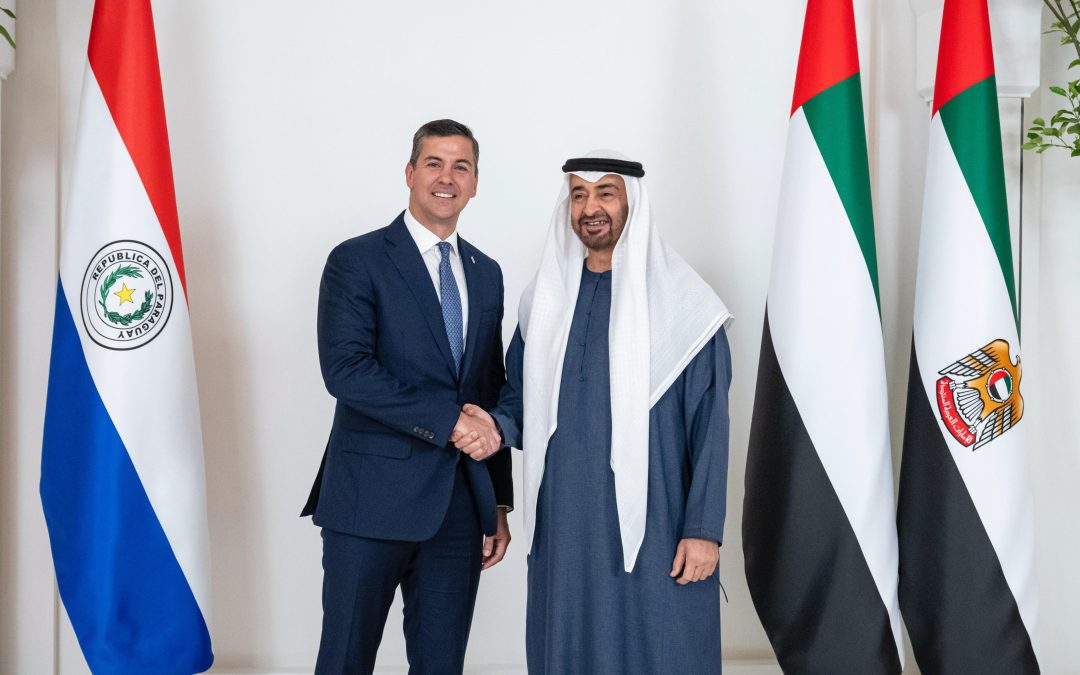
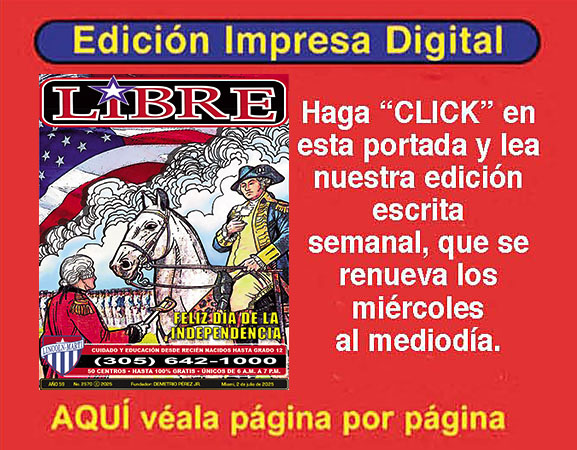

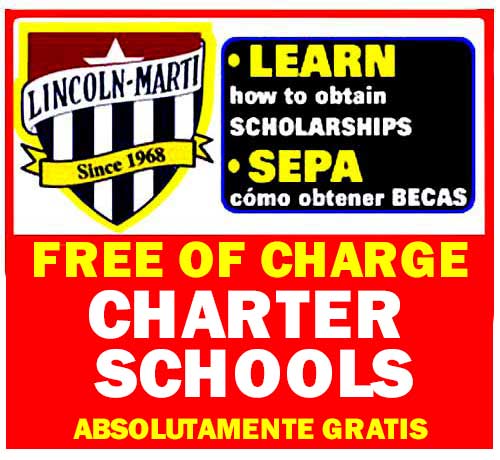

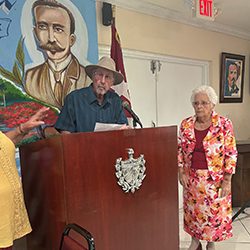

0 comentarios